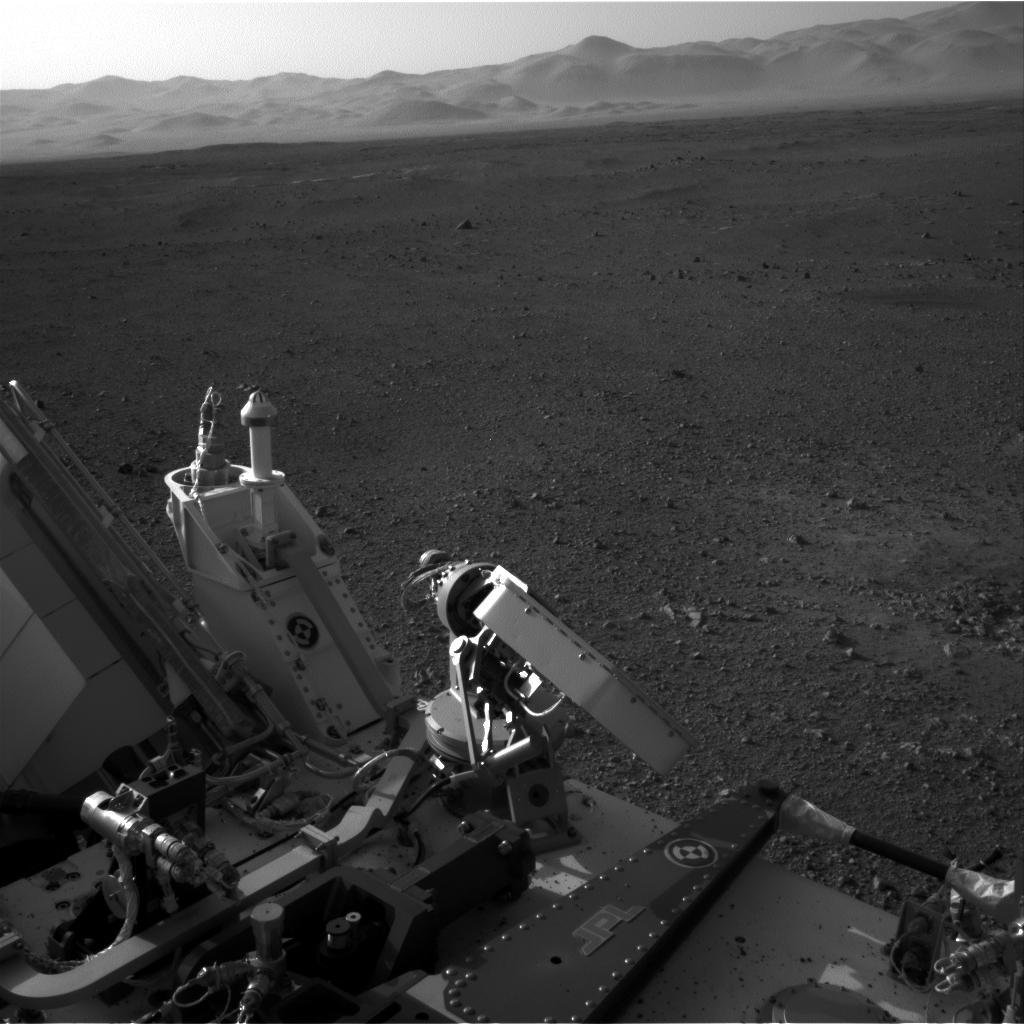Business
Marketing to the Red Planet: Unlocking Opportunities on Mars

Mars has captured global attention, largely propelled by ambitious initiatives from billionaires like Elon Musk and national space agencies. Despite being 140 million miles away, the red planet seems incredibly accessible in public discourse.
Humans have long projected their desires and anxieties onto Mars. For centuries, this rust-colored planet has sparked stories and scientific exploration, carving it a unique identity in both culture and science. Through a myriad of missions—rovers, landers, and orbital probes—Mars has revealed itself not as the home of exotic civilizations, but as a cold and barren desert.
The aspiration to colonize Mars is gaining serious momentum, especially with projections of human landings in the 2030s. Advocates argue that we must become a multiplanetary species in light of Earth’s ongoing ecological crises. This push is framed as essential for humanity’s future survival, painting Mars as a necessary alternative.
Over recent years, governments and private companies have intensified their investment in Mars exploration. NASA, alongside agencies from Europe and China, is keenly focused on establishing a human presence on Mars. The newborn era of commercial space travel has further cemented public fascination, showcasing everything from tourist flights to ambitious mining projects.
Historically, images of Earth from space have mobilized an environmental conscience, suggesting a shared responsibility for our planet. Yet, as the narrative shifts toward Mars, questions arise regarding its implications. Is our drive for Martian colonization merely a distraction from the pressing issues we face on Earth?
One prominent perspective is that of species survival. The narrative that Mars represents “Planet B” offers a vision of escape from potential extinction scenarios on Earth. Advocates argue that a self-sustaining human settlement on Mars is not just possible, but crucial for humanity’s future.
This view, however, has its critics. Concerns about the ethics and logistics of such a venture abound. For instance, the capability to design habitats that can support human life on Mars remains speculative at best, with critics emphasizing the need for focus on preserving Earth first.
“Exploration, curiosity, and ambition spark human endeavor,” states Matthew Shindell from the Smithsonian National Air and Space Museum. But historical context casts a shadow over this exuberance. The legacy of the Age of Discovery raises difficult questions about the motives behind exploration—about the dangers of colonial mindsets as we push towards the stars.
The ongoing competition among billionaires like Musk, Bezos, and Branson marks a modern Space Race. While their advances capture headlines, many argue they obscure a more urgent conversation about socioeconomic disparities here on Earth.
Futurists often tout Mars as a new frontier ripe for discovery and innovation. Yet, this narrative frequently ignores the profound challenges of space travel. The human body is ill-suited for life beyond Earth, with astronauts facing severe health risks while living in space. The profitability of such endeavors also raises concerns: is pursuing Martian colonization justifiable against the backdrop of Earth’s pervasive social issues?
Critically, voices like that of Kim Stanley Robinson warn against the escapism inherent in Martian ambitions. As the author of the seminal Mars trilogy noted, the real challenge lies in grappling with Earth’s rapidly deteriorating environment. “If Earth is doomed,” he asserts, “then Mars is irrelevant.”
The narrative surrounding Mars often excludes crucial discussions about our home planet and the ecological crises it faces. Shifting attention away from immediate, tangible solutions fosters a dangerous complacency in dealing with pressing environmental challenges.
Ultimately, the allure of Mars offers a vision of what could be. However, it risks becoming a means to sidestep confronting the real issues on our own planet. As we dream of future encounters on the red planet, it’s essential to remember the wisdom inherent in addressing the needs of our Earth first.


















